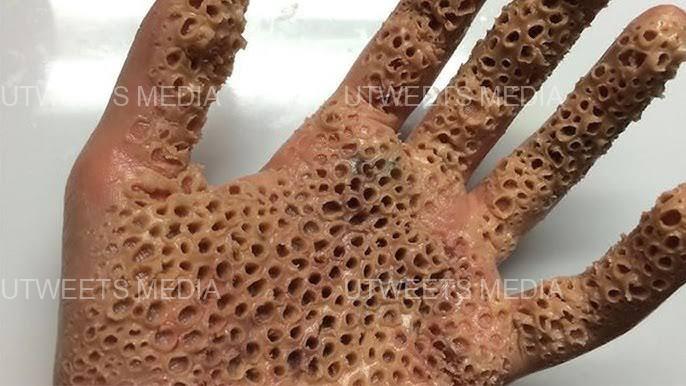While many diseases develop gradually over time, there are certain conditions that can be life-threatening within just 24 hours of onset. These diseases are often characterized by rapid progression, requiring immediate medical intervention to prevent fatal outcomes. Here are six such diseases that can kill you within a day if left untreated:
1. Acute Myocardial Infarction (Heart Attack): A severe heart attack, or “widowmaker,” occurs when a blockage in a coronary artery leads to a lack of oxygen to the heart muscle. This can cause immediate cardiac arrest and death if not treated quickly with procedures like CPR, defibrillation, or angioplasty.
2. Stroke: A stroke caused by a blocked or ruptured blood vessel in the brain can lead to brain damage and death in a matter of hours. Quick intervention, such as administering clot-busting medications, is critical in preventing death or permanent disability.
3. Anaphylaxis: Anaphylaxis is a severe, rapid allergic reaction triggered by things like food, insect stings, or medications. It can cause the throat to swell, blocking airways and leading to suffocation. Without immediate epinephrine administration, it can be fatal within minutes to hours.
4. Ruptured Aneurysm: An aneurysm is a weakened blood vessel that can burst, causing massive internal bleeding. If an aneurysm ruptures, such as in the brain (subarachnoid hemorrhage) or aorta, the person can bleed out quickly, leading to death within a very short time.
5. Pulmonary Embolism: A pulmonary embolism occurs when a blood clot travels to the lungs, blocking blood flow. It can cause sudden death due to cardiac arrest or severe respiratory distress. Immediate treatment with anticoagulants or surgery is necessary to prevent death.
6. Meningococcal Meningitis: This bacterial infection can rapidly spread to the brain and spinal cord, causing inflammation. Symptoms progress quickly, and if left untreated, it can lead to death within 24 hours due to brain swelling, shock, or organ failure.
Conclusion:
These diseases are particularly dangerous due to their ability to cause rapid deterioration in health. Immediate medical attention is crucial to prevent death and minimize long-term damage. Awareness of the symptoms and swift action can mean the difference between life and death, emphasizing the importance of early recognition and prompt treatment in medical emergencies…Read the full content from the source

